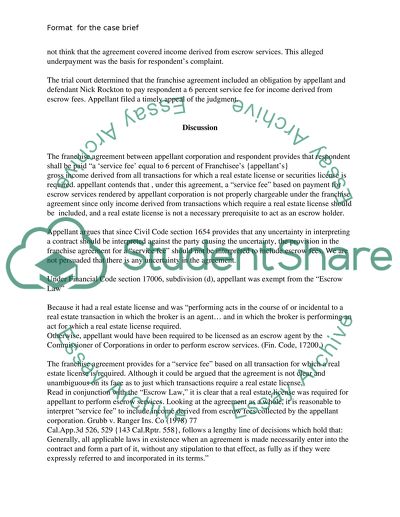Cite this document
(Brief Statement of the Case of Respondent and Appellant Corporation Study, n.d.)
Brief Statement of the Case of Respondent and Appellant Corporation Study. Retrieved from https://studentshare.org/law/1565077-case-brief
Brief Statement of the Case of Respondent and Appellant Corporation Study. Retrieved from https://studentshare.org/law/1565077-case-brief
(Brief Statement of the Case of Respondent and Appellant Corporation Study)
Brief Statement of the Case of Respondent and Appellant Corporation Study. https://studentshare.org/law/1565077-case-brief.
Brief Statement of the Case of Respondent and Appellant Corporation Study. https://studentshare.org/law/1565077-case-brief.
“Brief Statement of the Case of Respondent and Appellant Corporation Study”, n.d. https://studentshare.org/law/1565077-case-brief.


